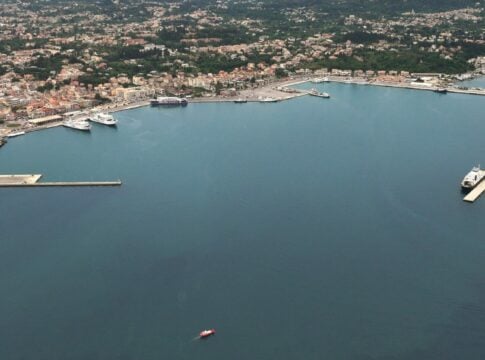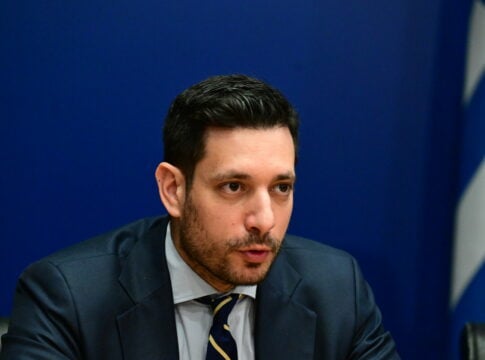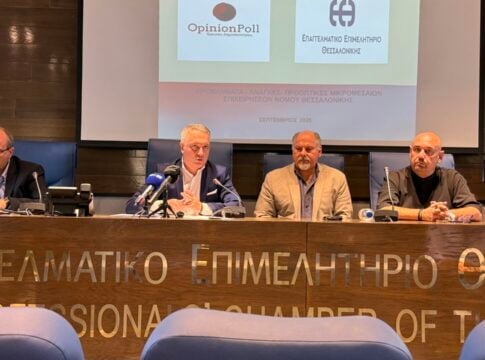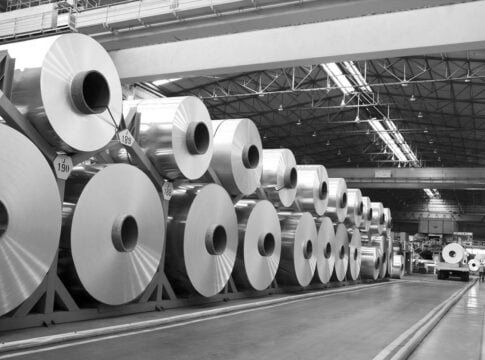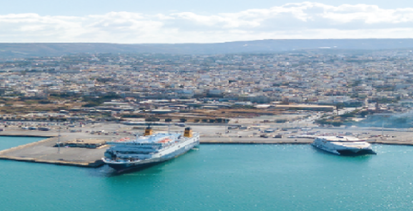Α total of 50% of European energy-intensive industries have closed down, most of which have moved to the USA, the president and CEO of Mytilineos, Evangelos Mytilineos, stated at the Economist conference.
He said that the energy crisis affected Europe more, as the US had the advantage of using shale gas and Asia using coal – two fossil fuels that, due to pollution rights, have a high cost in the “old continent”.
“Europe is lagging behind in the economic sector – I’m afraid also in the political sector. The crisis in the Middle East demonstrates that Europe is unable to form a unified stance, as the European Union has evolved, it has become dysfunctional,” he pointed out.
According to Mytilineos, the EU had been discussing for at least a year some form of the US IRA (providing government subsidies to businesses for “green” investments), before he was taken aback by the plan announced in the US. The EU takes initiatives to strengthen European industries, such as the European Critical Raw Materials Act, however the benefits for the industry are not clear.
He wondered how it is possible to promote the further installation of wind and photovoltaic units since there are no batteries, but also available capacity in the electricity networks. “During the energy transition, we are forced to continue paying for fossil fuels, the cost of which is high,” he underlined.
Mytilineos noted that Greece has faced multiple crises since 2008, however, it managed to cope and overcome the challenges and that it has now developed resilience and has evolved into an international example. The economy is growing, the country has recently regained investment credit and is attracting investment. “If I were asked to name pillars for further development of the country (besides shipping and tourism), I would propose industrial production and digital transformation. Greece is a good example for the EU right now,” he added.
Mytilineos also noted that last year, in a small economy like Greece, energy companies contributed over 1 billion euros, adding that the money was used to subsidize vulnerable consumers.




